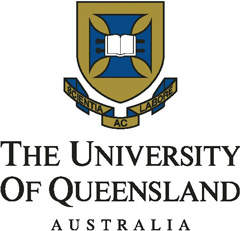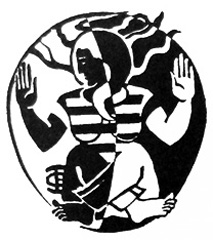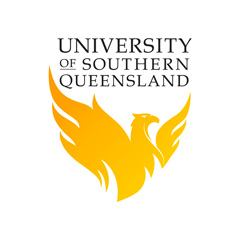2017 Conference
8 - 10 February 2017
The University of Queensland, St Lucia, Brisbane, Australia
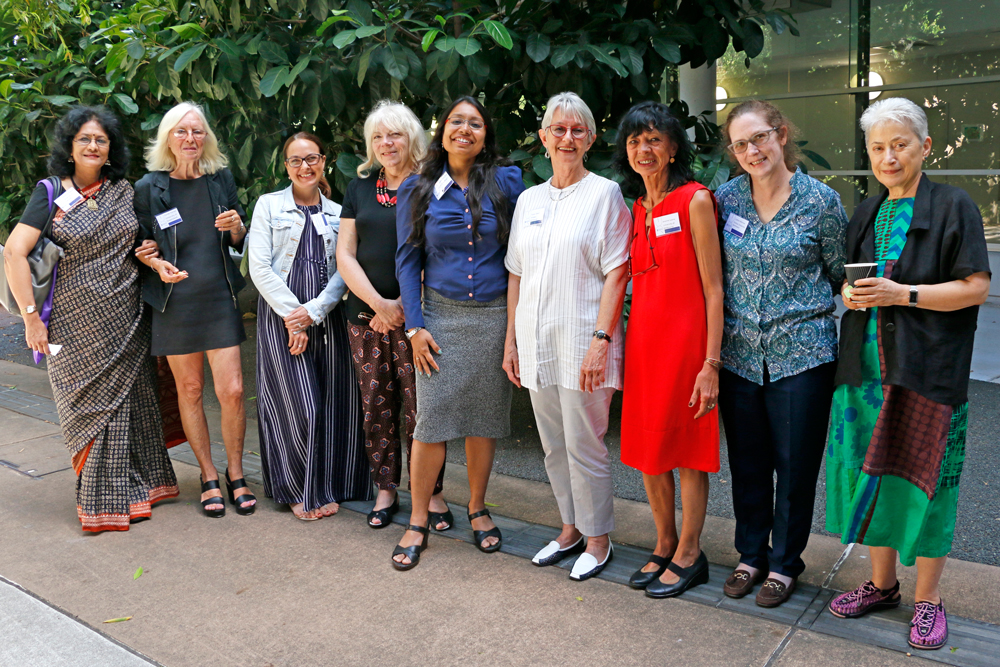
CONFERENCE ABSTRACTS AND PROGRAM
[Image: "What I Think About When Planking", Kathryn Brimblecombe-Fox gouache on paper 30 x 42 cm 2011 www.kathrynbrimblecome-fox.com]
Far from being in excess, are studies of gender in twenty-first century women’s writing dwindling, no longer “in vogue?” And yet, at the same time, we are told, public conversations about gender and sexuality are “too much,” “over the top,” out of bounds and out of touch. With a desire of adding to or redressing this feminist excess, Hecate: An Interdisciplinary Journal of Women’s Liberation, in association with the Contemporary Women’s Writing Association, invites proposals for papers dealing with notions of excess and desire as they are developed in twentieth and/or twenty-first century women’s writing.
Jennifer McWeeny reads two female characters in de Beauvoir’s L’Invitée (1943) as “one woman who has multiple, contradictory, excessive selves” (2012). Monique Wittig made a similar claim about the division of the I (j/e) in The Lesbian Body (1973), arguing that “[t]he bar … is a sign of excess. A sign that helps to imagine an excess of ‘I,’ an ‘I’ exalted;” Teresa de Lauretis adds that we might think about excess precisely “as a resistance to identification … [o]r of a dis-identification with femininity” (Lauretis 2007). French feminist theory frequently deals with female “symbolic excess,” disruption and desire (see also Rosemary Hennessy 1993,Mary Russo 1995, Karen Kopelson 2006): bel hooks interprets desire as “yearning” for a better world: post-racism, post-exploitation. We invite abstracts which consider excess and/or desire in these ways, or others, including (but not limited to):
- Female embodiment, both abled and disabled
- Jouissance and enjoyment
- Food, eating, consumption
- Speaking out, current feminist discourses in the public sphere and excess and/or desire as feminist critique
- Excess(es) of trauma and violence
- The grotesque and the carnivalesque
- The excess or uncanniness of literary language
- The excess of theory
- Desire, yearning and capitalism’s negative excess(es)
- Desire and revolution
- The “proper” and the ladylike
- Excess affect
- Comparison with antecedents in the pre-21st Century
- Cross-cultural/transnational excess and/or desire
- Indigeneity and the resistance to racism
For more information visit www.hecate.communications-arts.uq.edu.au
We would like to acknowledge our generous sponsors:
|
|
HECATE PRESS |
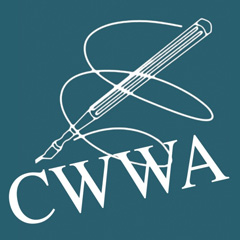
|
|

